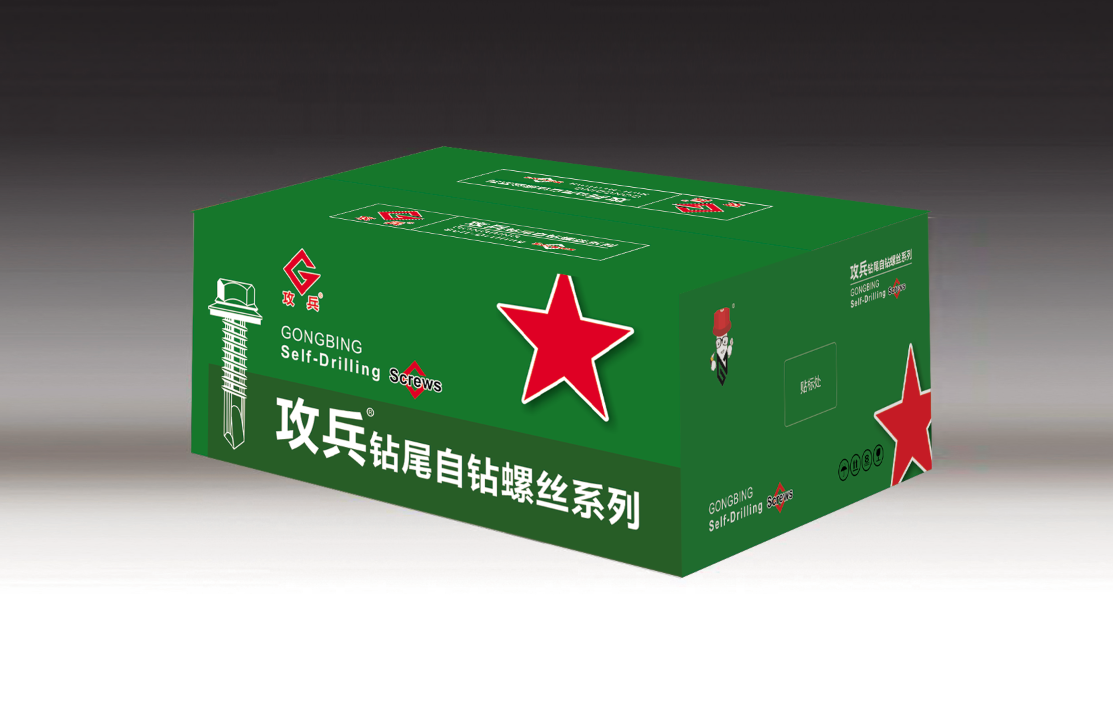self threading screws
Understanding Self-Threading Screws A Comprehensive Overview
Self-threading screws play a crucial role in various construction and manufacturing applications, providing an efficient solution for joining materials without the need for pre-drilled holes. This type of screw is engineered to create its threads in the material it's driven into, making it especially useful in situations where speed and ease of installation are paramount.
What Are Self-Threading Screws?
Self-threading screws are designed with a unique thread pattern that allows them to cut into the substrate material as they are being installed. This feature eliminates the need for tapping or pre-drilling, making them ideal for use in a wide range of applications, from woodworking to metalworking and plastics. They come in various dimensions, materials, and coatings, catering to specific needs in different industries.
How Do They Work?
When a self-threading screw is driven into a material, its sharp, cutting threads carve out a path in the substrate. This action creates a tight fit that secures the screw in place. The design typically includes a pointed tip that aids in penetration, allowing for a straightforward installation process. Depending on the screw’s application, the threads may be coarse or fine, each offering different advantages in terms of grip and holding strength.
Types of Self-Threading Screws
There are several types of self-threading screws catering to different materials and purposes
1. Sheet Metal Screws These screws are specifically designed for fastening metal components together. They typically feature a sharp point and aggressive thread design, allowing them to penetrate and form threads within the metal.
2. Wood Screws Made for use in wood, these screws often have a special aharp point and deeper threads. They can create a strong bond and are resistant to stripping, making them ideal for structural applications in carpentry.
3. Plastic Screws Engineered for use with plastic materials, these screws often have a smoother thread profile to avoid damaging the material. Their design ensures secure fastening without cracking or breaking the plastic.
4. Self-Drilling Screws Also known as Tek screws, these have a drill bit tip that allows them to create their own hole while fastening. This feature is particularly useful when working with thicker metals or layered materials.
Advantages of Self-Threading Screws
self threading screws

Self-threading screws offer several advantages that make them a popular choice in various industries
- Time Efficiency Since they do not require pre-drilling, installations are quicker, saving labor time and costs.
- Strong Hold The ability to cut threads into the substrate means they create a strong mechanical bond that can handle significant loads.
- Versatility Available in a variety of materials and finishes, self-threading screws can be used in numerous applications, from construction to automotive.
- Reduced Risk of Damage With no need for pre-drilling, there is a decreased risk of material splitting or cracking, especially in delicate materials like wood.
Considerations When Using Self-Threading Screws
Despite their advantages, it's essential to consider a few factors when using self-threading screws
- Material Compatibility Always choose a screw that matches the material being fastened to ensure the best bond and prevent damage.
- Appropriate Size and Length Selecting the right size for the application is crucial for achieving optimal strength and stability.
- Installation Technique It’s important to use the correct power tools and techniques to drive the screws properly without stripping or overtightening.
Conclusion
Self-threading screws are an essential component in numerous industries, providing efficiency and reliability in fastening applications. Their ability to create threads within materials simplifies the installation process and enhances bonding strength. As technology advances, the development of self-threading screws continues, offering improved designs and applications that expand their utility even further. Whether you're a professional tradesperson or a DIY enthusiast, understanding and utilizing self-threading screws can significantly enhance the quality and durability of your projects.
-
Weatherproof Plastic Expansion Anchors for OutdoorNewsJun.06,2025
-
Sustainability in the Supply Chain: Eco-Friendly TEK Screws ProductionNewsJun.06,2025
-
Load-Bearing Capacity of External Insulation FixingsNewsJun.06,2025
-
Double Head Bolts: Enhancing Efficiency in Industrial MachineryNewsJun.06,2025
-
Corrosion Resistance in Chipboard Screws: Coatings for Wholesale DurabilityNewsJun.06,2025
-
Butterfly Toggle Bolts : Enhancing Structural ResilienceNewsJun.06,2025
